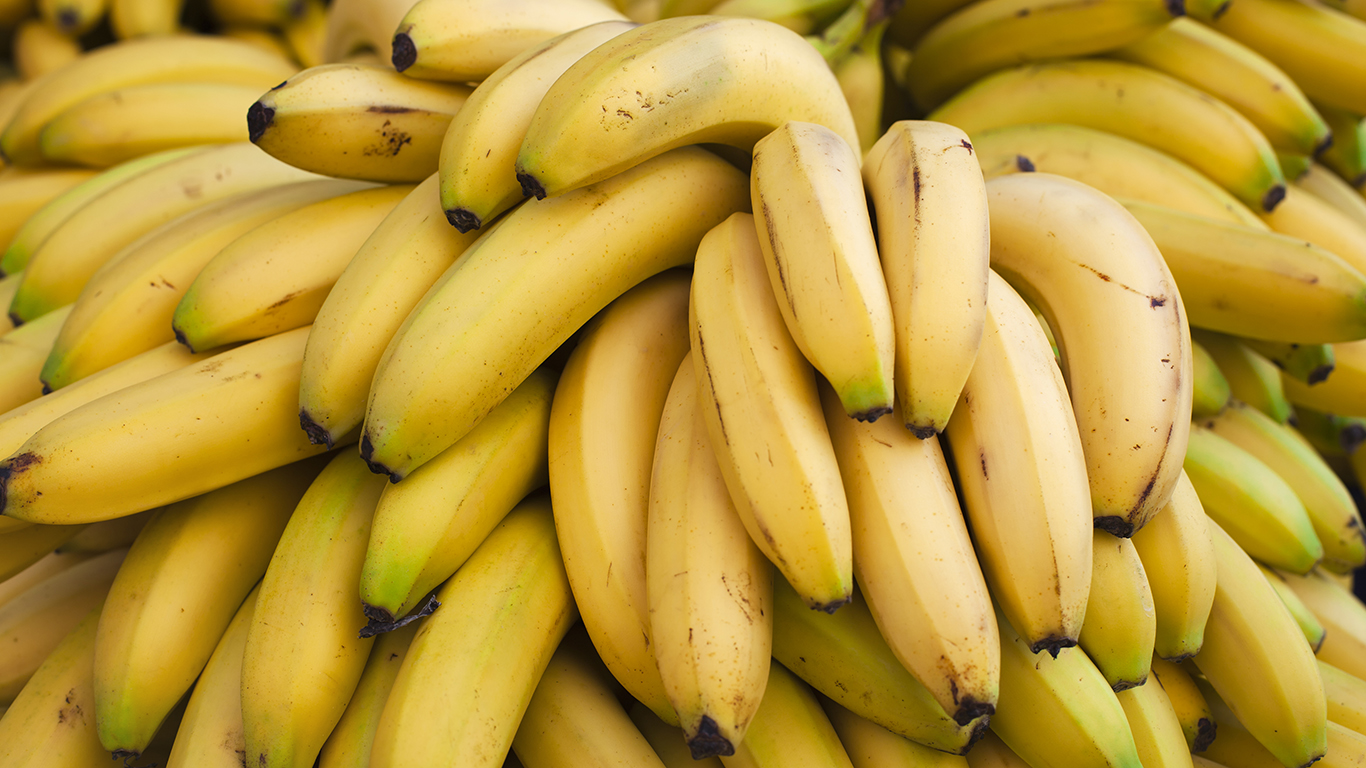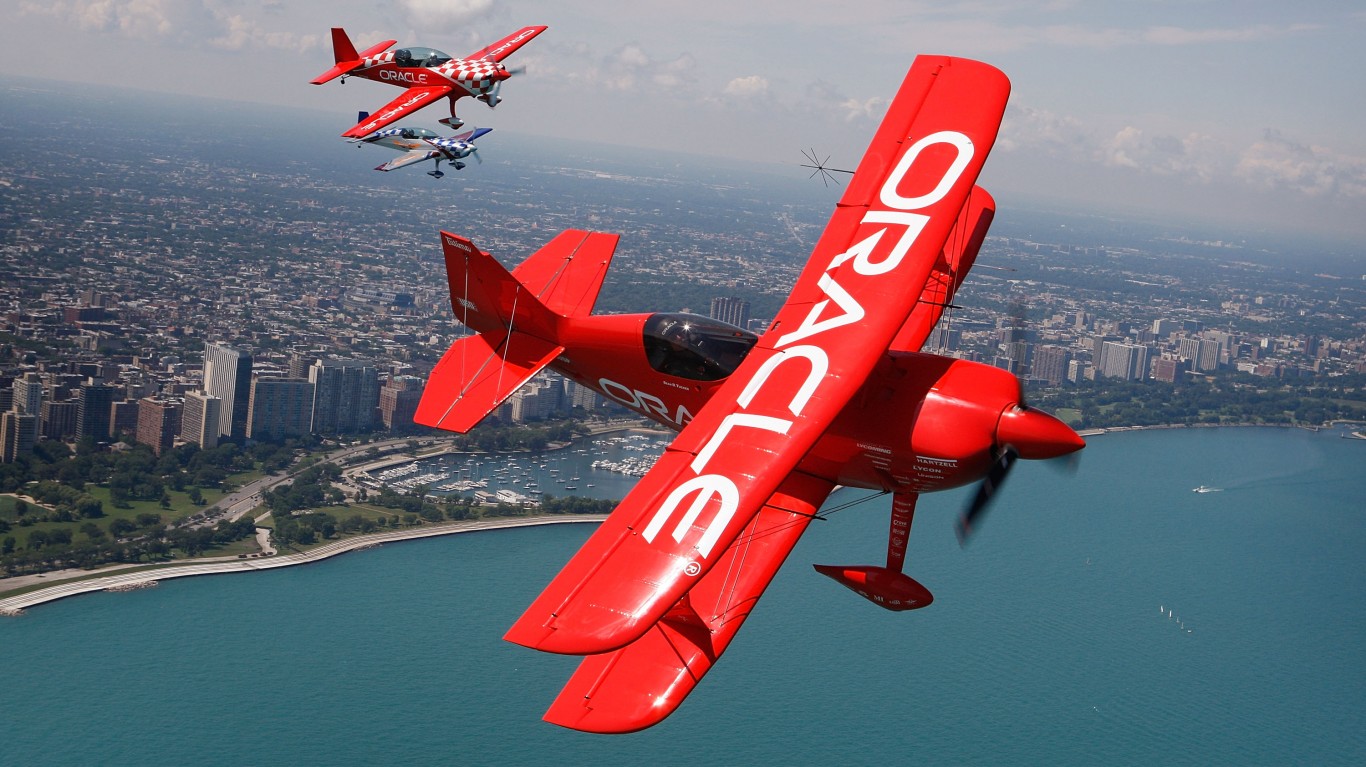
The two largest grocery store chains in the United States have agreed to merge. As predicted by a Thursday report from Bloomberg, Kroger Co. (NYSE: KR) will acquire Albertsons Companies Inc. (NYSE: ACI) in a cash and stock deal valued at $34.10 per Alberstons’ share. Including approximately $4.7 billion in Albertsons’ net debt, the deal places an enterprise value on the Boise-based chain of around $24.6 billion.
Albertsons’ stock traded down as much as 5% in Friday’s premarket, likely for a couple of reasons. First, at Thursday’s closing price, Albertson’s enterprise value in the merger is about the same as the Kroger offer. There’s no joy in that.
Second, of course, is the question of regulatory approval for a merger between the two largest U.S. grocery store operators. The combined market cap of the merged company would be close to $50 billion. Casey’s General Stores, the current third-ranked grocery chain by market cap, has a market cap of about $7.8 billion. But Kroger might have a good argument.
As of July 31, Walmart Inc. (NYSE: WMT) operated 5,335 U.S. retail stores, of which 3,572 are Supercenters and 600 are Sam’s Club stores. Kroger operated 2,721 stores, and Albertsons operated 2,273 U.S. grocery stores as of mid-June. A combined Kroger-Albertsons megachain would operate almost 5,000 grocery stores around the country and would have a pro-forma 15.6% share of the U.S. market. The combined company also would own nearly 4,000 pharmacies and more than 2,000 gas stations.
Walmart commands 21.0% of the U.S. grocery market, while Kroger, with a 9.9% share, is second, and Albertsons’ 5.7% share is fourth. Costco is third with a 7.0% share. The advantage of scale in the grocery business is pricing power with suppliers, a wider net for customer loyalty programs, and more bang for investment in online grocery sales.
In online grocery sales, Amazon.com Inc. (NASDAQ: AMZN), with its 500+ Whole Foods stores, commands about 1.6% of the U.S. grocery market. For 2021, research firm Numerator reported that Amazon’s Whole Foods store experienced a drop of around 0.9% in sales, while Kroger’s sales rose by 8.8% and Albertsons’ rose by 16.1%.
But will federal regulators play ball? The U.S. Securities Exchange Commission (SEC), Federal Trade Commission (FTC) and Department of Justice must all approve the deal. When Albertsons acquired Safeway in 2015, the FTC required Albertsons to divest 168 stores before the agency would bless the deal. The divestiture settled the FTC’s anticompetitive charge that the deal would reduce supermarket competition in 130 local markets. Since that merger, the store count has remained relatively flat.
Albertsons stock traded down about 4% shortly before markets opened Friday at $27.49, in a 52-week range of $24.34 to $37.99.
Kroger stock traded down 3% or so, at $45.10 in a 52-week range of $38.22 to $62.78.
In 20 Years, I Haven’t Seen A Cash Back Card This Good
After two decades of reviewing financial products I haven’t seen anything like this. Credit card companies are at war, handing out free rewards and benefits to win the best customers.
A good cash back card can be worth thousands of dollars a year in free money, not to mention other perks like travel, insurance, and access to fancy lounges.
Our top pick today pays up to 5% cash back, a $200 bonus on top, and $0 annual fee. Click here to apply before they stop offering rewards this generous.
Flywheel Publishing has partnered with CardRatings for our coverage of credit card products. Flywheel Publishing and CardRatings may receive a commission from card issuers.
Thank you for reading! Have some feedback for us?
Contact the 24/7 Wall St. editorial team.

 24/7 Wall St.
24/7 Wall St.



